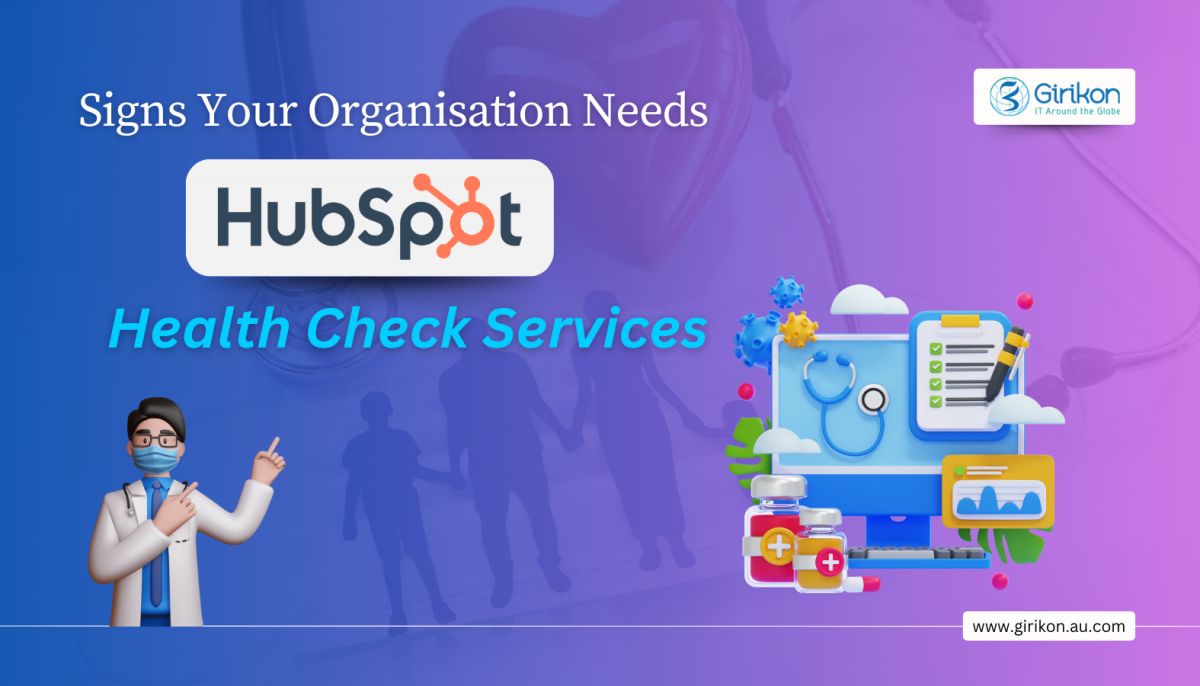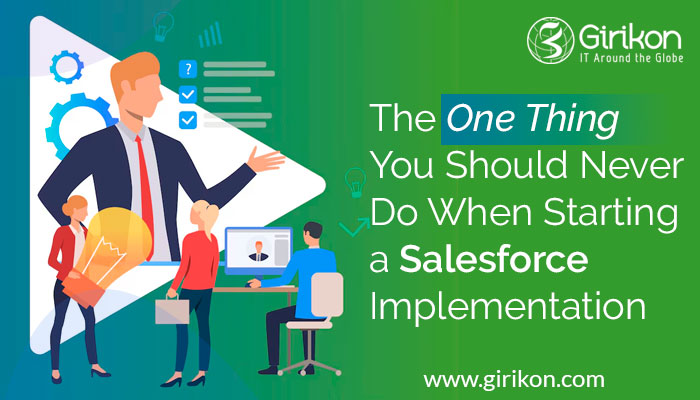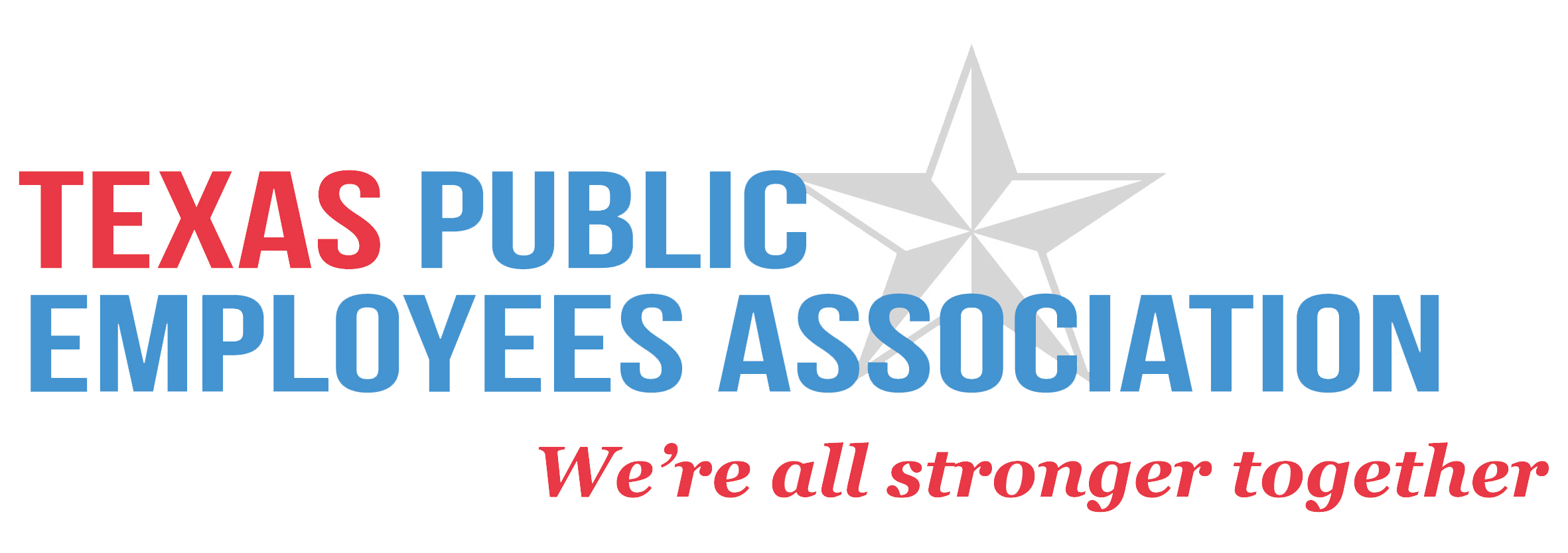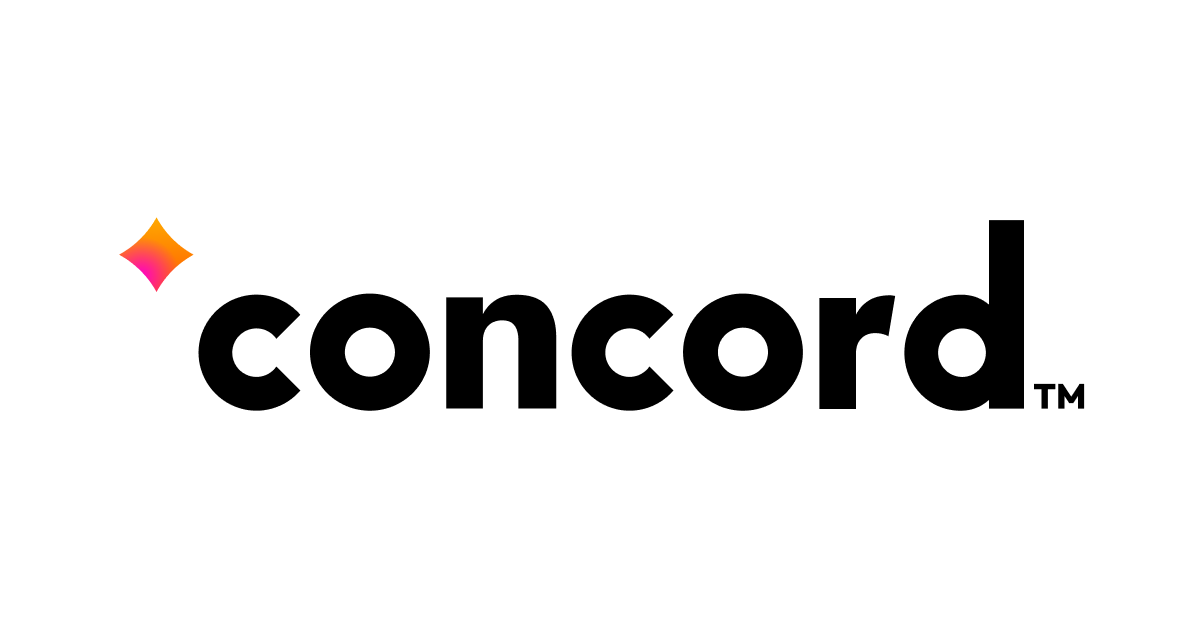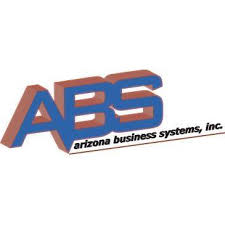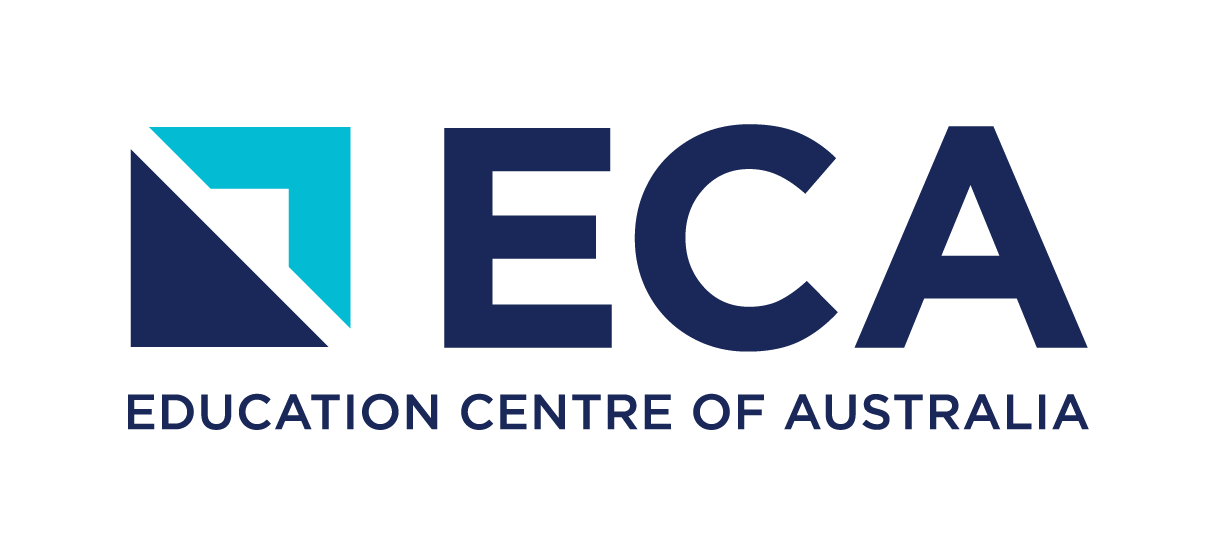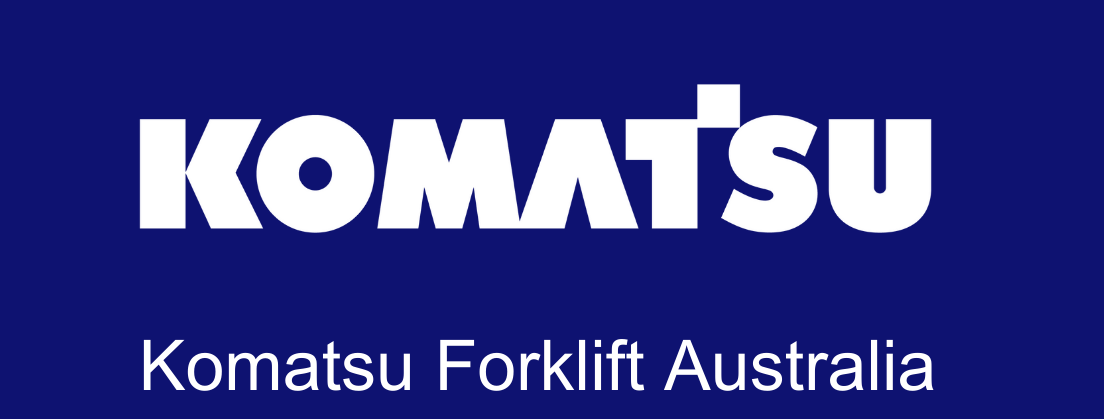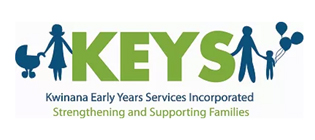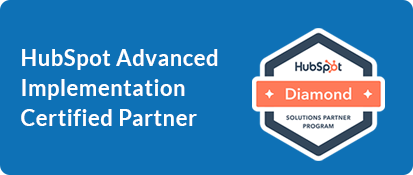Our Blogs
Table of content
- How to implement Salesforce within your organization?- 1. Implementing Salesforce by Yourself
- 2. Working with a Salesforce Implementation Partner
- Best Salesforce Implementation Practices for 2024
- 1. Establish Clear Business Goals
- 2. Create a Detailed Implementation Plan
- 3. Consider the cost of Implementation
- 4. Choose the right Salesforce Edition and Product
- 5. Choose the Right KPIs
- 6. Have a Clearly Defined Change Management Strategy
- 7. Focus on User Adoption
Launched 25 years ago, Salesforce is still the market leader in the enterprise CRM space, enabling software-less business. Salesforce has constantly innovated its offerings to keep pace with ongoing industry trends. This has allowed organizations to leverage Salesforce implementation services on a consistent basis. Salesforce implementation however is not just about purchasing a Salesforce license. It has a much wider scope and involves activities such as doing thorough research on existing business processes, clearly defining business requirements, getting users on board, virtually endless testing, user training, and more. Most of the work in Salesforce implementation is centered around customizing the platform based on the unique needs and goals of your business. Third-party implementation partners can help you configure and tailor the CRM according to the needs of your customers, the processes you want to streamline, and the key goals you want to achieve. Being a vast platform loaded with a plethora of features, it is crucial for you to get your Salesforce implementation strategy right. The business processes you streamline via the platform and the subsequent results you achieve depend on how the platform is implemented across your organization. As a business leader, you need to ensure that you get your Salesforce implementation right to augment your existing processes and boost organizational productivity.

How to implement Salesforce within your organization?
There are two primary ways to implement Salesforce within an organization. Let’s take a look at both of them.
1. Implementing Salesforce by Yourself
This is the homegrown approach to Salesforce implementation in your company. Here you leverage your internal IT and technology resources – architects, developers, and administrators to implement Salesforce. While one may be tempted to take this route because of the user-friendly and intuitive interface of the platform, in most cases this is not the best option as it limits your ability to scale as your business grows. Implementing Salesforce all by yourself will in all probability make you spend a lot more in the long term to make necessary updates to the platform. While this is a faster way to implement Salesforce within your organization and can get you off the ground quickly, it is definitely not a sustainable approach and will lead to the accumulation of technical debt. Furthermore, your internal IT teams may not possess the requisite skills and experience found in seasoned Salesforce professionals. You may go live quickly, but you may not be able to optimize the platform on a regular basis along the way.
2. Working with a Salesforce Implementation Partner
This is the preferred Salesforce implementation methodology. It enables companies to integrate Salesforce in an all-encompassing manner and become more scalable as their business expands. Selecting the appropriate tools and applications to deploy the features that are most in line with your business goals is made easier when you collaborate with a reliable Salesforce partner. Salesforce partners can provide you with the best services for your business since they have years of expertise implementing and configuring Salesforce across a variety of industries.
Best Salesforce Implementation Practices for 2024
The importance of a platform like Salesforce in the era of "digital first" cannot be emphasized. Salesforce may help businesses of every size and in any sector of the economy optimize their operations and build enduring relationships with their clients. Salesforce assists companies in effectively managing consumer data, which they can then use to customize their products according to the needs of their clients. With the Salesforce platform, you can track customer relationships across every touchpoint throughout their purchase journeys. Here are some of the best Salesforce implementation practices recommended by our team of experts that you can follow to thrive:
1. Establish Clear Business Goals
Business goals are the foundation of a sound Salesforce implementation strategy. Your business goals will determine which technologies you employ, which features you take advantage of, whose departments and functions your CRM touches, and which Key Performance Indicators (KPIs) you set. Do you wish to enhance your performance in sales? Do you wish to increase brand recognition? Do you want to increase lead and prospect engagement across a variety of platforms? Whatever your objectives, having well-defined and communicated business goals is essential to a comprehensive Salesforce implementation.
2. Create a Detailed Implementation Plan
A thorough implementation plan is necessary for an efficient Salesforce deployment, just like it is for any significant project. Effective Salesforce deployment requires a detailed plan, regardless of how skilled your implementation partner is or how well-defined and stated your business goals are. Your implementation partner will collaborate with you to ascertain which tools are most appropriate for your needs and which procedures need to be optimized or automated in order to guarantee the delivery of the desired results, based on the main goals of the project. A detailed Salesforce implementation plan lays out the roadmap for all necessary activities to be carried up until you go live. Defining a team structure also plays a vital role in building a thorough implementation plan. This helps you to clearly define the roles and responsibilities of team members working on the Salesforce implementation. Another key aspect to consider in a Salesforce implementation plan is resource allocation. A thorough understanding of the resources required for the project will help you in deriving costs and allocating a budget. In a nutshell, a detailed Salesforce implementation is like your project blueprint. It will give all project stakeholders a clear sense of direction.
3. Consider the cost of Implementation
There are a few things to consider when estimating the cost of implementing Salesforce. You'll be able to estimate the project's investment and accompanying cash flow more precisely if you thoroughly evaluate all related costs. This will enable you to decide with confidence whether Salesforce is the best option for your company. These are some of the main variables that influence the Salesforce setup cost.
- Training Costs
- Licensing Costs
- Ongoing Support Costs
- Configuration and Customization Costs
- Infrastructure Costs
- Integration Costs
- Third-party Apps Costs
- Data Migration Costs
- Testing Costs
4. Choose the right Salesforce Edition and Product
Salesforce offers a varied range of platform editions and products to choose from. Choosing incorrectly or choosing items that you don't need will only cause an unnecessary dent in your budget. A trusted partner can help you nail the right Salesforce edition and product based on the goals you want to achieve via the CRM implementation.
The Salesforce edition and product you choose will be determined by the business processes and workflows you want to streamline in your organization.
Most popular Salesforce products
- Sales Cloud
- Service Cloud
- Marketing Cloud
- Salesforce CPQ
- Commerce Cloud
Most popular Salesforce editions
- Salesforce Essentials
- Salesforce Professional
- Salesforce enterprise
5. Choose the Right KPIs
Simply purchasing a Salesforce license and setting it up won't help you to achieve your business goals. To ensure a successful Salesforce implementation you need to be able to measure team performance. Key performance indicators (KPIs) help you measure key aspects of your business and give you a 360-degree view of your performance.
The most popular KPIs chosen by Salesforce customers.
- Lead response time
- Open pipeline value
- Follow-up contract rate
- Open pipeline by product package
- Pipeline value forecast
- Average contract value
- Average sales cycle length
- Outbound calls
- Number of demos
- Number of inbound leads
- Lead conversion rate
- Lead to Opportunity ratio
- Opportunity to Win ratio
6. Have a Clearly Defined Change Management Strategy
In today's era of rapid digital innovation, new technologies are emerging at an astonishing rate. As a business leader, you need to stay in sync with these developments and make necessary changes in your approach going forward. What works for you today may not necessarily work for you after 6 months. Or perhaps something more powerful is available that can be adopted. A robust change management strategy lays the foundation to drive necessary changes within your business. This could be a new tool, a new app, or even a new way of doing the same thing. Salesforce implementation often necessitates the need for a strong and scalable change management strategy for the organization. Being a robust and dynamic platform, it is important to educate your teams about how Salesforce will change the way they work and what areas they should focus on while using the platform. If you are moving from one Salesforce edition or product to another, ensure that you don't rush through things and drive change while keeping your employees in the know.
7. Focus on User Adoption
What good is a Salesforce implementation if your employees are not geared up enough to use it? Once your organization has implemented Salesforce, you need to train your user group to drive results. User adoption is a direct derivative of user training and you need to ensure that every user is thoroughly trained in using the tools, features, and functionality of the platform. User training and feedback incorporation will go a long way to drive user adoption across your organization.
In order to get the most out of your Salesforce setup, you must collaborate with a reliable partner. With more than ten years of expertise as a Salesforce implementation company, we have assisted businesses in a variety of sectors in making the most of their Salesforce investment. Speak with a certified expert right now to find out more.

 +61-1300-332-888
+61-1300-332-888 +1-480-382-1320
+1-480-382-1320